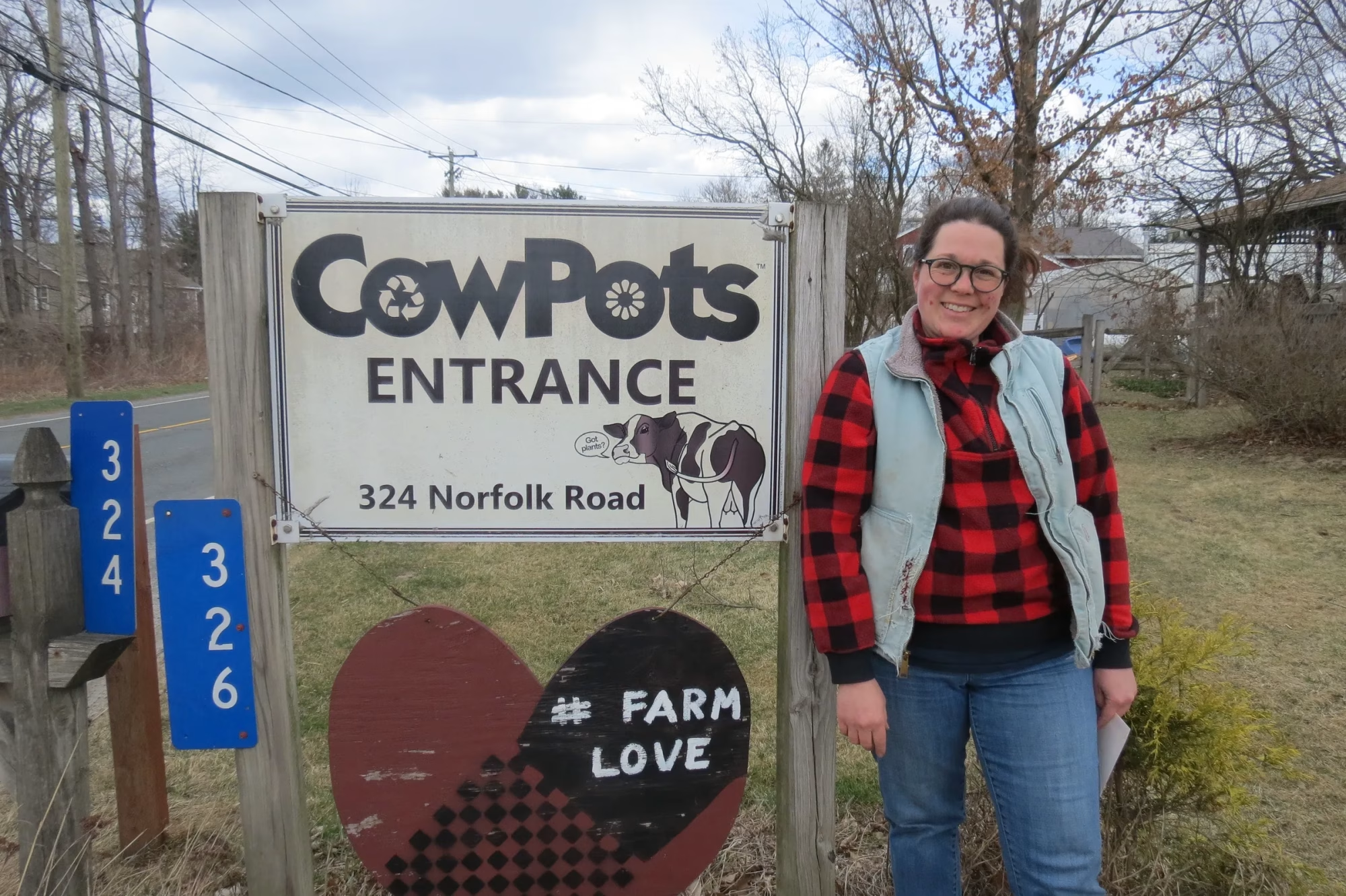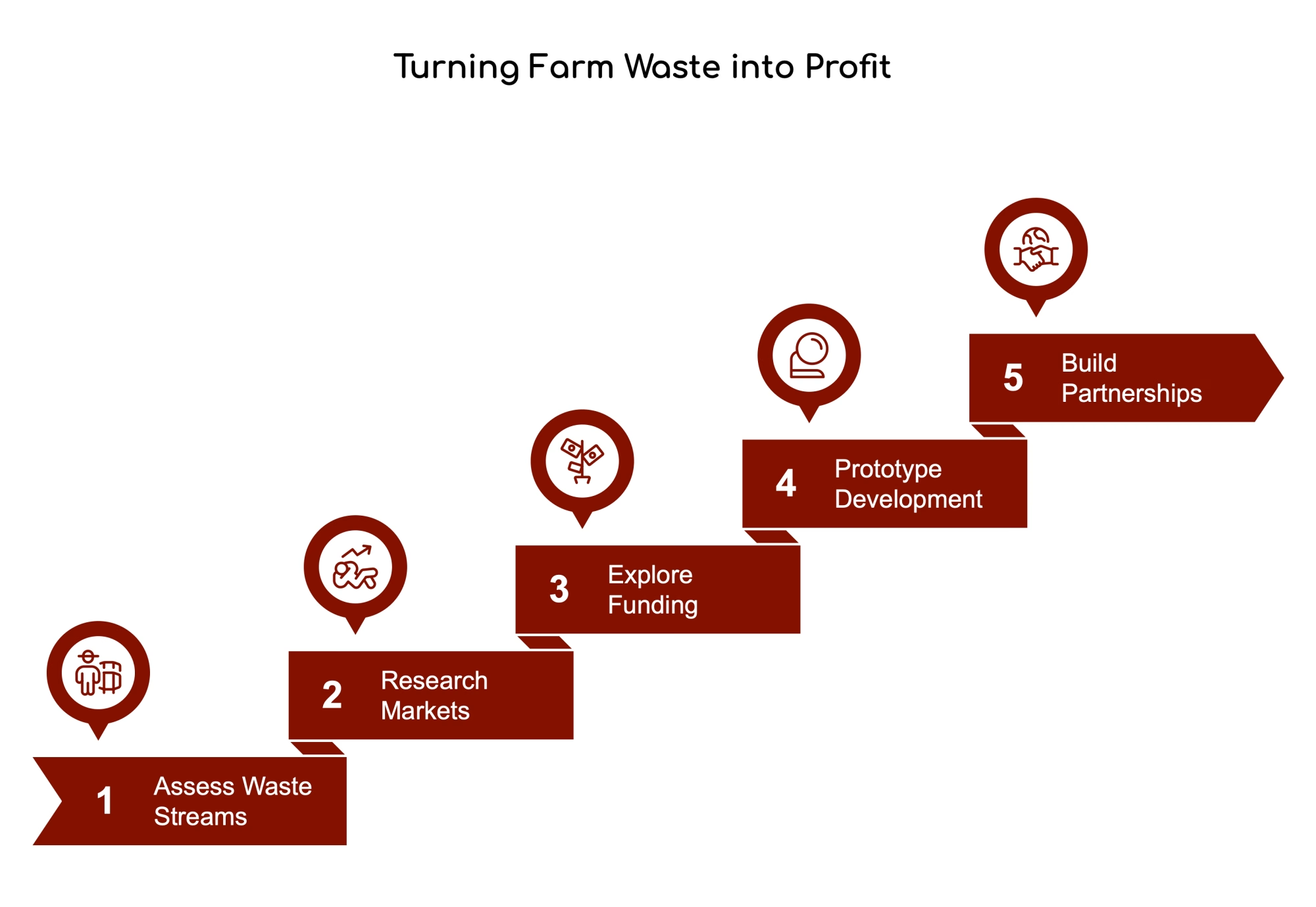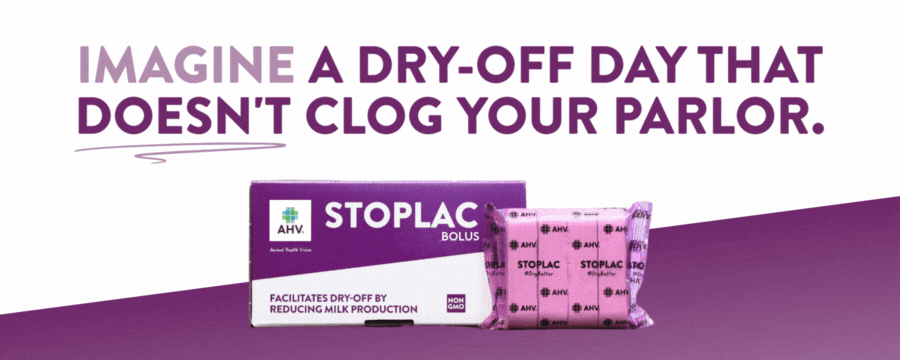CT dairy farmer Amanda Freund brings manure magic to Shark Tank! Her biodegradable CowPots could revolutionize sustainable farming.

Amanda Freund, a Connecticut dairy farmer, will step into the national spotlight tomorrow with her innovative CowPots. She’ll pitch these biodegradable planting pots made from composted cow manure to the investors on “Shark Tank” this Friday, April 4, at 8 p.m. on ABC. Armed with a shovel, an inflatable cow costume, and years of farming expertise, she hopes to secure a deal to help her family’s sustainable business grow.
The Freund Family’s Agricultural Legacy
You might not know it, but the Freund family has been turning heads with their innovative approach to farming since 1949. Eugene and Esther Freund established their farm in East Canaan, Connecticut, where second and third-generation family members now run a multi-faceted agricultural enterprise. They’ve got their fingers in many pies – Canaan View Dairy, CowPots Manufacturing, and Freund’s Farm Market & Bakery all operate under their watchful eyes.
What sets this farm apart? Its pioneering approach to sustainability has put it on the map. In 1997, it installed one of the first anaerobic digesters in New England. This system has been running nonstop since then, making it one of the longest-operating digesters in the region. Talk about staying power!
“I give a lot of credit to my father Eugene for our commitment to sustainable dairy farming,” says Matt Freund, Amanda’s father and the inventor of CowPots. “He had a strong respect for our land and a great eye for identifying ways to repurpose byproducts.”
The family didn’t stop there. They’ve installed over 1,200 solar panels on the dairy barn and CowPots facility. These panels ensure the farm generates all its electricity. Their efforts haven’t gone unnoticed – they received the “Sustainability Award in Resource Stewardship” from the U.S. Innovation Center for Dairy in 2015.
A Modern Dairy Operation
Today, Canaan View Dairy milks 300 Holsteins and one Jersey cow. They produce about 2,500 gallons of milk daily. In 2016, they became the first farm in Connecticut to implement robotic milking technology. This move further demonstrates how they stay ahead of the curve in dairy farming.
As members of the Agri-Mark Family Dairy Farms cooperative, the Freunds sell their milk to Cabot Creamery. This connection strengthens their position in the dairy industry while allowing them to maintain their independent, innovative farming practices.

CowPots: Turning a Problem into a Product
You know what they say—necessity is the mother of invention. The idea for CowPots emerged from a practical challenge: What do you do with manure during winter months when spreading it on frozen fields isn’t an option? Matt Freund tackled this head-on. He began experimenting with cow manure in his kitchen toaster oven in the late 1990s, developing a process to create biodegradable planting pots.
After years of trial and error, the Freunds perfected their patented process. They now convert digestate from their anaerobic digester into biodegradable planting pots. Thanks to the digestion process, these pots contain no weeds or seeds. When planted, they dissolve into the soil, providing nutrients to young plants.
Amanda joined the family business by taking on sales and marketing responsibilities for CowPots. She began her journey by traveling throughout the tri-state area to introduce the product to potential customers. As a well-established product with almost two decades in the market, CowPots has previously gained media attention on shows like “Dirty Jobs” with Mike Rowe and the “Martha Stewart Show.”

Environmental Benefits and Product Growth
CowPots stand out in the biodegradable flower pot market. They offer a truly eco-friendly alternative to plastic containers. These pots last up to 12 weeks in greenhouse settings while allowing roots to penetrate the pot walls. This reduces transplant shock when gardeners move plants to their gardens. Once planted, the pots break down quickly, enriching the soil with valuable nutrients.
The market for products like CowPots continues to grow by leaps and bounds. The global biodegradable flower pot market will reach USD 1.2 billion by 2033. It’s growing at a compound annual rate of 10.5% from 2026 to 2033. This growth stems from increasing consumer awareness about environmental issues and a shift toward sustainable gardening practices. Studies show that about 80% of consumers prefer biodegradable or compostable products.
CowPots deliver environmental benefits beyond the product itself. By converting manure into a value-added product, the Freunds reduce potential nutrient runoff, improving local water quality and decreasing greenhouse gas emissions. The anaerobic digestion process retains all the nitrogen, phosphorus, and potassium from the original manure, making the pots a superior alternative to synthetic fertilizers derived from fossil fuels.
Unlike plastic pots that hang around for centuries, CowPots decompose naturally and enhance soil health as they break down. Research shows that digestate contains 2.3-4.2 kg/tonne of nitrogen, 0.2-1.5 kg/tonne of phosphorus, and 1.3-5.2 kg/tonne of potassium. These nutrients provide essential elements for plant growth while improving soil structure.
Digestate: The Sustainable Byproduct

You might wonder what exactly makes up these pots. The digestate used to create CowPots comes from the anaerobic digestion of biodegradable feedstock. Bacteria break down organic matter and produce biogas (primarily methane and carbon dioxide) during this process. The resulting digestate retains most plant nutrients in varying proportions that reflect those in the feedstock.
What makes digestate particularly valuable for agricultural applications? Its high nutrient content packs a punch. According to research, digestate has high ammonium nitrogen to total nitrogen ratio, alkaline pH (7.3-9.0), and increased solubilization of essential plant nutrients. This makes it an excellent soil amendment that can reduce farmers’ reliance on synthetic fertilizers.
Studies have shown that digestate application can inhibit plant diseases and induce crop resistance. It has a direct effect on soil-borne diseases and an indirect effect by stimulating biological activity. Digestate has higher phosphorus and potassium concentrations than composts, with an average P-to-K ratio of about 1:3.
For farmers like the Freunds, utilizing digestate from their anaerobic digester represents a perfect example of circular economy principles. As Andrew Rennie, another farmer and AD operator, notes: “At Gask Farm, we used to spend £52,000 a year on fertilizers, but we’ve been using digestate for 6 years, and now we only spend £10,100… on wheat and barley crops we only apply a fifth of the fertilizer that we used to.”
Shark Tank: A National Platform for Farm Innovation
For Amanda Freund, appearing on “Shark Tank” represents a once-in-a-lifetime opportunity. Tomorrow night, she’ll showcase agricultural innovation to a national audience. Unlike many entrepreneurs who appear on the show, CowPots has established itself in the market over nearly two decades.
The preparation for her “Shark Tank” appearance has been intensive. While CowPots has previously received media attention on multiple platforms, the potential exposure from “Shark Tank” could significantly accelerate the business’s growth.

Official photos from ABC show Amanda Freund facing the panel of Sharks, including Mark Cuban, Barbara Corcoran, Kevin O’Leary, Lori Greiner, and Daniel Lubetzky. Whether she secures a deal remains to be seen, but the opportunity to present CowPots to millions of viewers already represents a win for agricultural innovation.
Farm Diversification: A Strategy for Dairy Survival

Amanda Freund’s journey with CowPots exemplifies a broader trend in the dairy industry: diversification as a strategy for survival. With continuing economic challenges in dairy farming, many producers now look beyond traditional milk production to create additional revenue streams.
“The milk check that my grandpa was getting in the mid-’70s? We still see those numbers regularly. But he wasn’t paying today’s inflation, fuel prices, labor, or feed costs. It’s squeezed many people out,” notes another dairy farmer, Steensma. “The only way for us to survive and to continue doing our model and supporting our family is to diversify and add a niche market product.”
CowPots represents a successful diversification strategy for the Freund family that complements their dairy operation while addressing environmental challenges. By transforming a waste product into a marketable good, they’ve created an additional income stream that helps buffer against the volatility of milk prices.
This approach aligns with farm experts’ advice that “planning, adding value, and diversifying farm incomes are key to success” in today’s challenging agricultural economy. As Sarah McNaughton-Peterson notes in Farm Progress, “With skyrocketing land prices, high interest rates, and low commodity prices,” farmers need to “think outside the box to stay profitable.”
USDA Support for Sustainable Agriculture
You don’t have to go alone if you want to follow the Freunds’ example. Farmers looking to implement sustainable innovation can access various USDA programs to support such initiatives. Through its Rural Energy for America Program (REAP), USDA provides funding for biodigester projects like the one that makes CowPots possible.
In January 2024, the USDA announced grants totaling more than .4 million for anaerobic digesters at three Vermont dairy farms. These grants, enhanced by the 2022 Inflation Reduction Act funding, can cover up to 60 percent of methane digesters’ development and construction costs.
Additionally, the USDA’s Value-Added Producer Grant program provides planning grants of up to $100,000 and working capital grants of up to $300,000 for projects like biodigesters. The Environmental Quality Incentives Program (EQIP) through the Natural Resources Conservation Service (NRCS) offers further financial and technical assistance.
The Northeast Sustainable Agriculture Research and Education (SARE) program has allocated approximately $850,000 for 2025 Farmer Grants for farmers interested in sustainable agriculture projects beyond digesters. Awards of up to $30,000 are available for individual projects.
5 Steps to Turn Farm Waste Into Profit

Want to follow in the Freunds’ footsteps? Here are practical steps to explore similar value-added opportunities:
- Assess Your Waste Streams: Consider which byproducts from your operation (manure, crop residues, etc.) could potentially be transformed into marketable products.
- Research Market Opportunities: Dig into growing markets like the biodegradable packaging sector, which will reach $137.26 billion by 2029.
- Explore Funding Options: Check out USDA programs like REAP grants, which provided nearly $21 million in assistance for biodigesters in a single fiscal year.
- Start Small with Prototypes: Before scaling up production, begin with small-scale testing, as Matt Freund did with his kitchen toaster oven experiments.
- Build Strategic Partnerships: Connect with agricultural extension services, universities, and industry organizations that can provide technical expertise and market connections.
Representing the Future of Dairy Farming
Amanda’s appearance on “Shark Tank” comes at a time when consumers increasingly care about sustainable products and responsible farming practices. By showcasing how dairy farms can innovate and diversify, she’s helping to reshape public perceptions of agricultural businesses.
The compostable packaging market, which includes products like CowPots, will rise from $92.56 billion in 2024 to $100.44 billion in 2025, with a compound annual growth rate (CAGR) of 8.5%. This growth comes from increasing consumer awareness about environmental impact, regulatory pressures to reduce plastic waste, and corporate sustainability initiatives.
For the Freund family, CowPots embodies their philosophy of turning challenges into opportunities. What began as a waste management solution has evolved into a separate business that supports the dairy operation while advancing the family’s sustainability goals.
As viewers tune in tomorrow to watch Amanda Freund pitch CowPots to the Sharks, they’ll witness more than another business proposal. They’ll see a compelling example of how traditional farming can embrace innovation and sustainability, creating products that benefit agriculture and the environment.
Whether she walks away with a deal or not, Amanda has already succeeded in bringing attention to the creative potential of America’s dairy farms. For an industry often challenged by economic pressures and environmental concerns, the CowPots story offers an inspiring blueprint for diversification and sustainability that could influence the next generation of farmers.
Key Takeaways:
- Waste-to-wealth innovation: CowPots transforms manure into biodegradable planters, cutting plastic waste and using synthetic fertilizer.
- Diversification drives survival: 80% of dairy farms are exploring side ventures like CowPots to offset volatile milk prices.
- Market momentum: The biodegradable packaging sector is growing at 8.5% CAGR and is fueled by eco-conscious consumers.
- USDA support: Grants cover up to 60% of biodigester costs, empowering farmers to adopt circular practices.
- National spotlight: Shark Tank exposure could catalyze mainstream adoption of farm-led sustainability solutions.
Executive Summary
Connecticut dairy farmer Amanda Freund will pitch CowPots—biodegradable planting pots made from composted manure—on Shark Tank this Friday, showcasing sustainable agricultural innovation. The Freund family’s 75-year-old farm uses anaerobic digesters and solar panels to achieve energy independence while transforming waste into eco-friendly products. With the biodegradable flower pot market projected to hit $1.2B by 2033, CowPots exemplify farm diversification, a critical strategy for dairy survival amid rising costs. USDA programs like REAP grants support similar initiatives, offering farmers funding for waste-to-profit ventures. Freund’s appearance highlights how traditional farming can embrace circular economies, reduce environmental impact, and inspire next-gen agricultural creativity.
Read more:
- World’s First Carbon-Neutral Dairy Farm: The Exciting Race to Eco-Friendly Farming
- Dairy Farms’ Hidden Problem: The Alarming Truth About Plastic Waste
- Dairy Innovation Act 2025: A Lifeline for America’s Milk Producers
 Join the Revolution!
Join the Revolution!
Join over 30,000 successful dairy professionals who rely on Bullvine Daily for their competitive edge. Delivered directly to your inbox each week, our exclusive industry insights help you make smarter decisions while saving precious hours every week. Never miss critical updates on milk production trends, breakthrough technologies, and profit-boosting strategies that top producers are already implementing. Subscribe now to transform your dairy operation’s efficiency and profitability—your future success is just one click away.







 Join the Revolution!
Join the Revolution!



